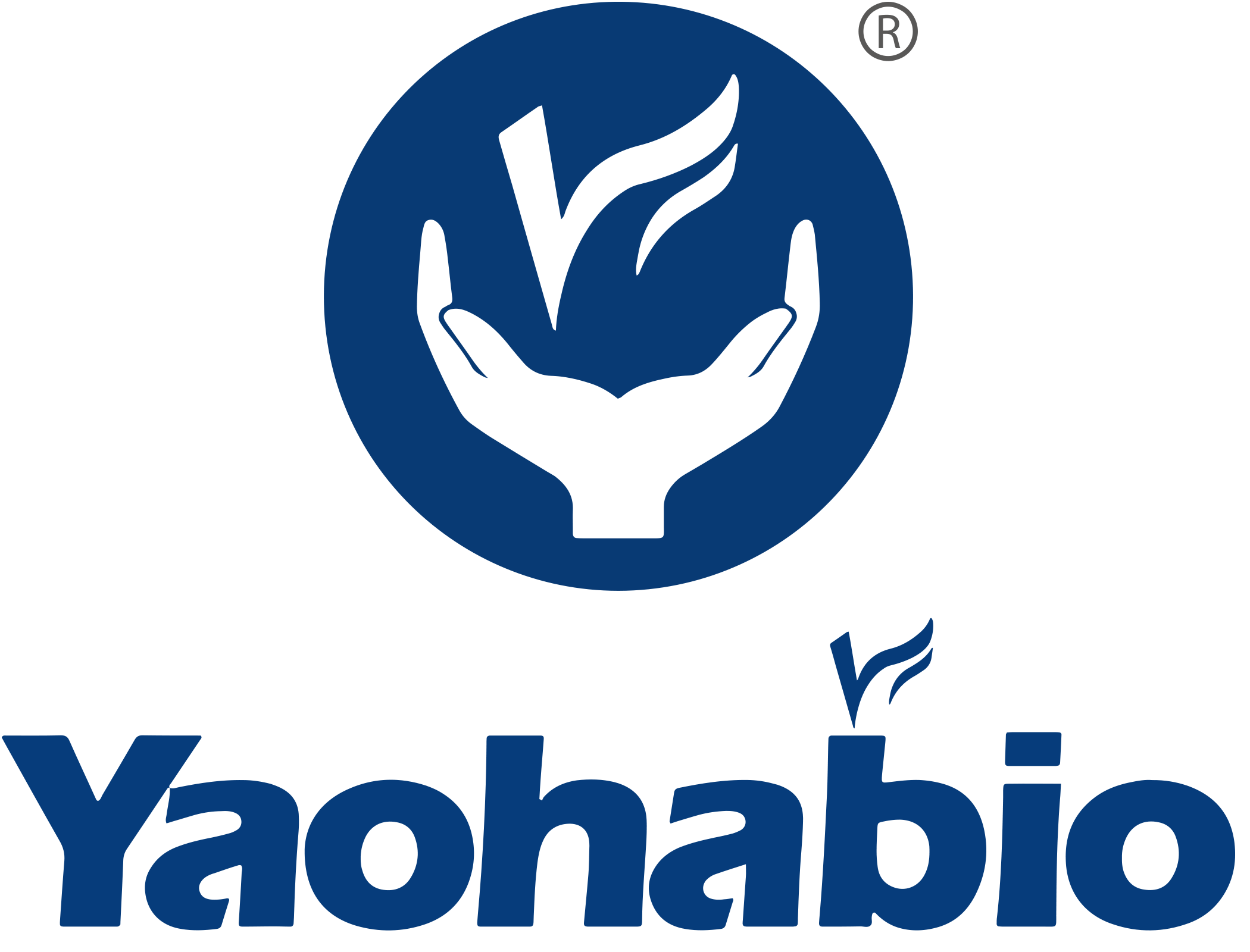Leishmaniasis is a deadly parasitic disease caused by Leishmania spp. And transmitted via sandfly bites. This illness is a globally public health emergency. Different Leishmania species can cause it to manifest in three distinct clinical forms: cutaneous leishmaniasis (CL), mucocutaneous leishmaniasis (MCL), and visceral leishmaniasis (VL). There isn't a registered vaccine against human leishmaniasis right now.
The following antigens have been the subject of intensive research on a number of recombinant subunit vaccine candidates: LeIF, gp63, p36/LACK, A-2, PSA-2/gp46/M-2, FML, LCR1, ORFF, KMP11, LmSTI1, TSA, HASPB1, protein Q, cysteine protease B (CPB), and A (CPA).
Development of Human Leishmania Vaccines
Phase II clinical studies for recombinant antigen vaccines based on LEISH-F1, LIESH-F2, and LEISH-F3 have been completed, indicating their potential as vaccine candidates against leishmaniasis. MPL-SE adjuvanted LEISH-F1 is made up of LEISH-F1 (Leish-111f), an engineered protein encoded by 3 genes: L. major homolog of eukaryotic thiol-specific antioxidant (TSA), stress-inducible protein-1 (LmSTI1), and L. braziliensis elongation and initiation factor (LeIF). LEISH-F2 is derived from LEISH-F1, with an amino acid replacement of glutamine (Gln) for Lys274, which enhances the production process.
GL-SE is an adjuvant present in LEISH-F3, but recombinant nucleoside hydrolase (NH) and sterol 24-c-methyltransferase (SMT) are present separately.
Yaohai Bio-Pharma Offers One-Stop CDMO Solution for Leishmania Vaccines

 EN
EN
 AR
AR
 HR
HR
 CS
CS
 DA
DA
 NL
NL
 FI
FI
 FR
FR
 DE
DE
 EL
EL
 IT
IT
 JA
JA
 KO
KO
 NO
NO
 PL
PL
 PT
PT
 RO
RO
 RU
RU
 ES
ES
 SV
SV
 IW
IW
 ID
ID
 LV
LV
 LT
LT
 SR
SR
 SK
SK
 SL
SL
 UK
UK
 VI
VI
 ET
ET
 HU
HU
 TH
TH
 TR
TR
 FA
FA
 AF
AF
 MS
MS
 BE
BE
 MK
MK
 UR
UR
 BN
BN

